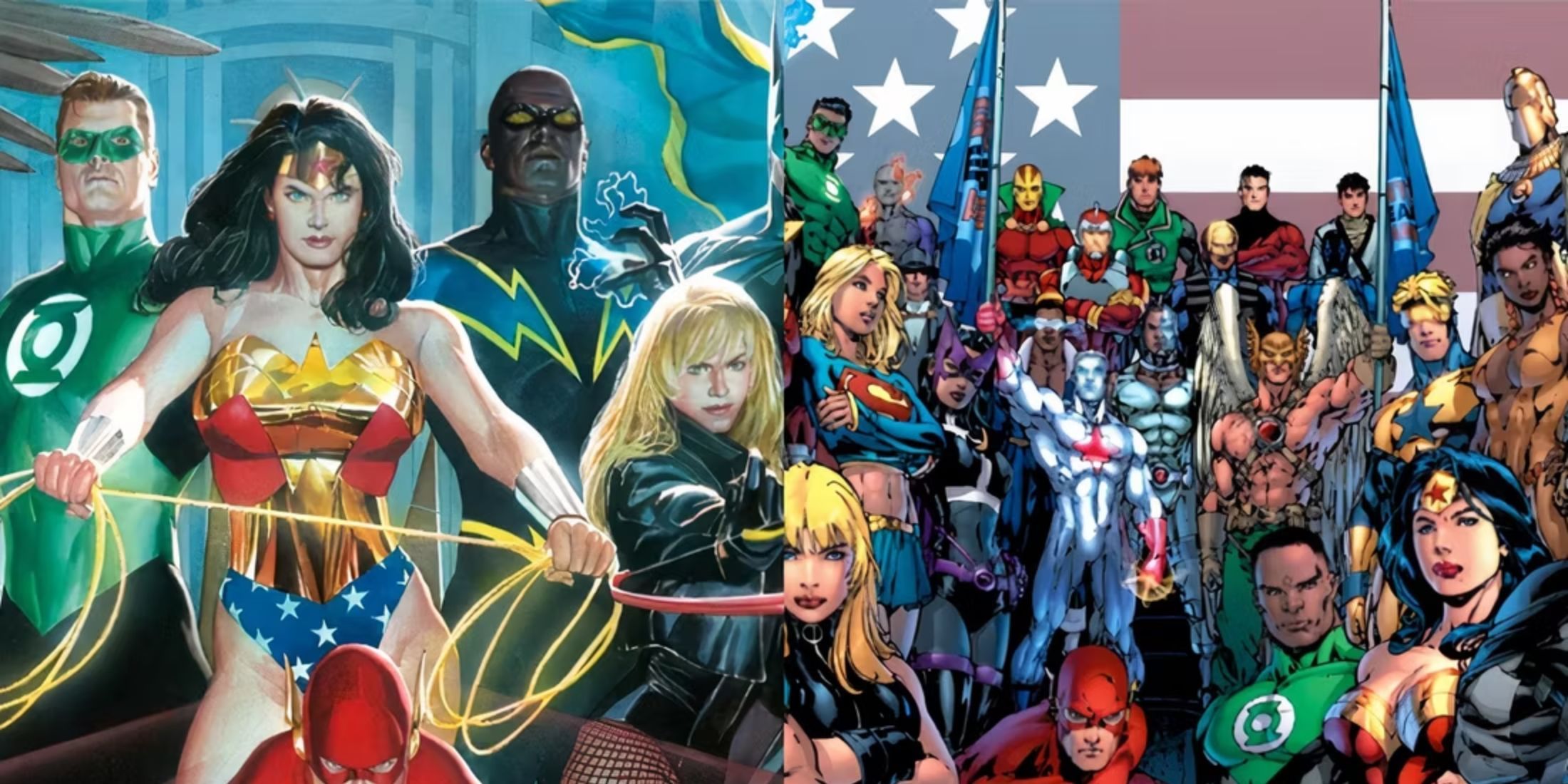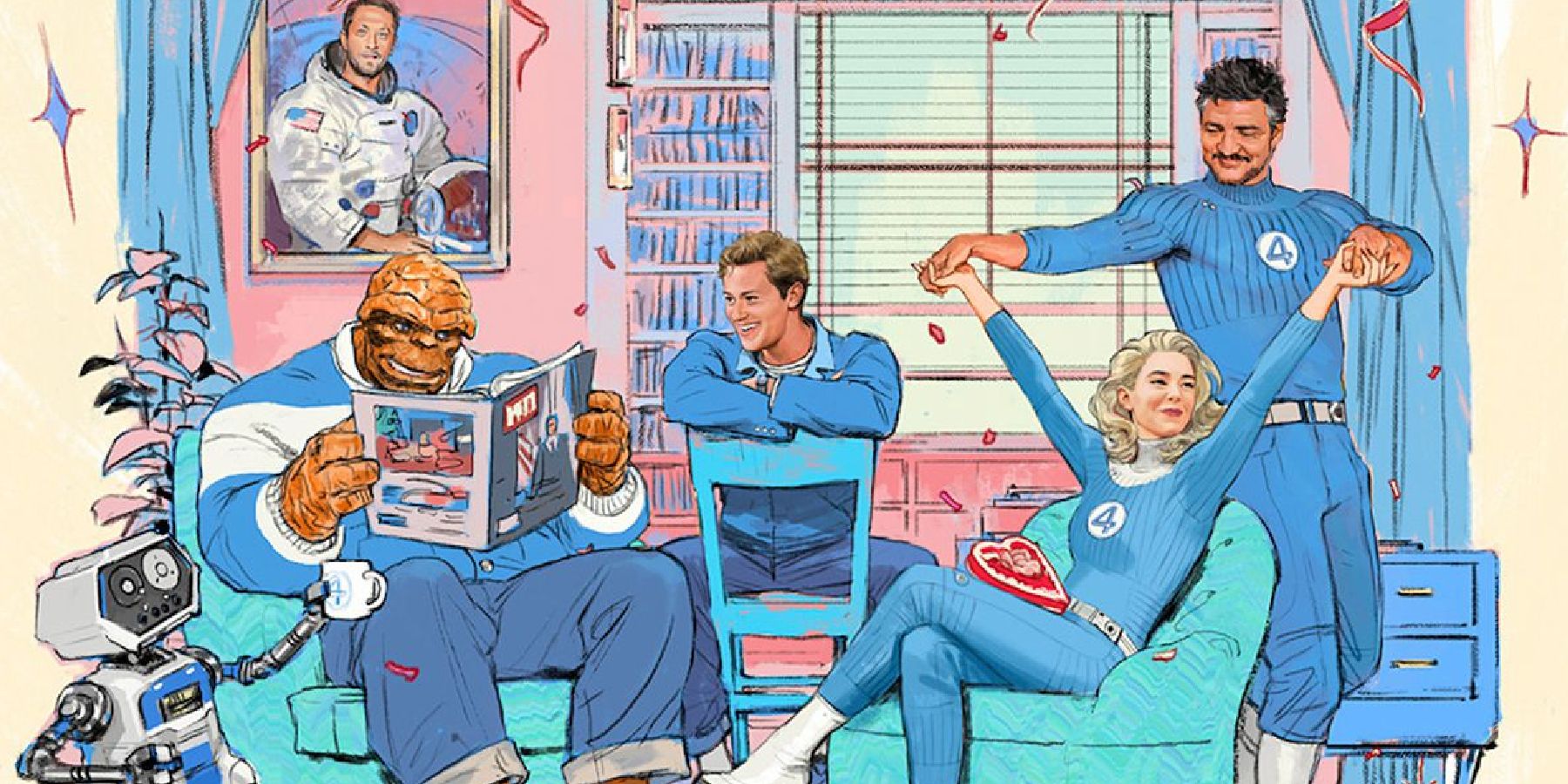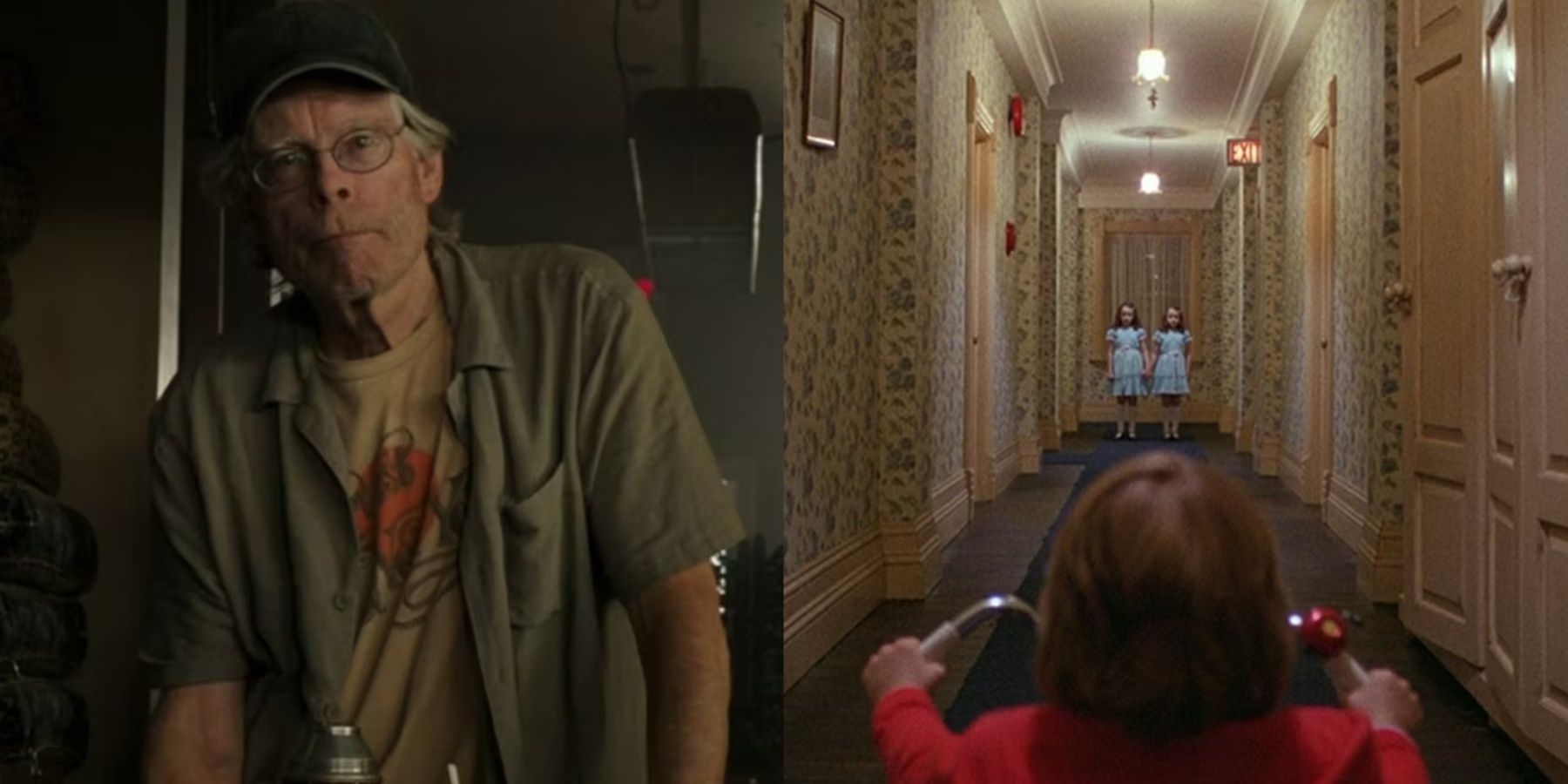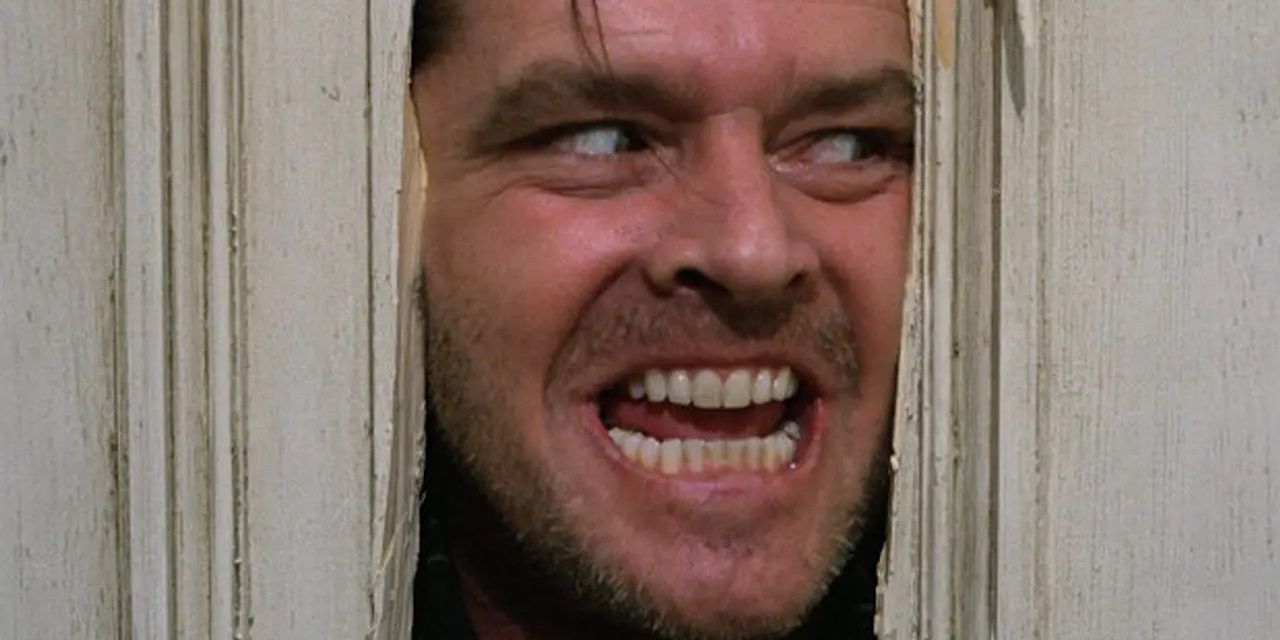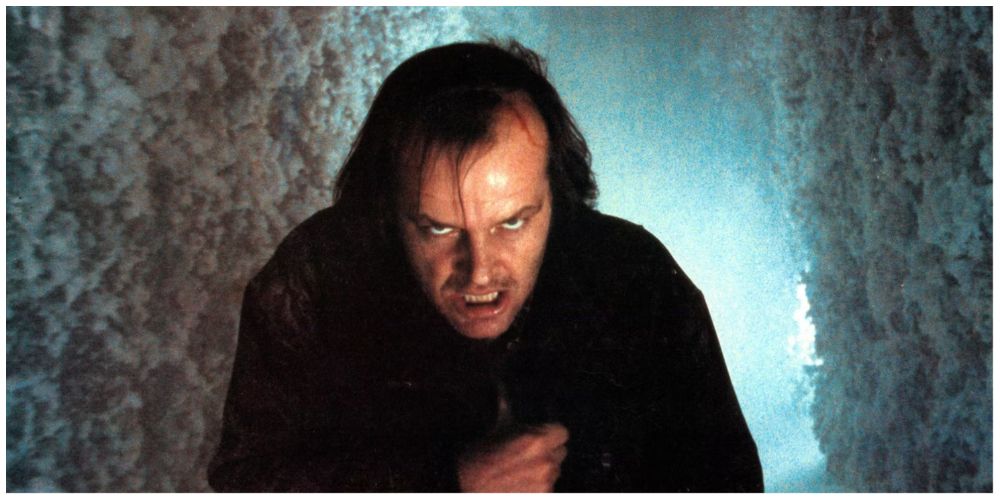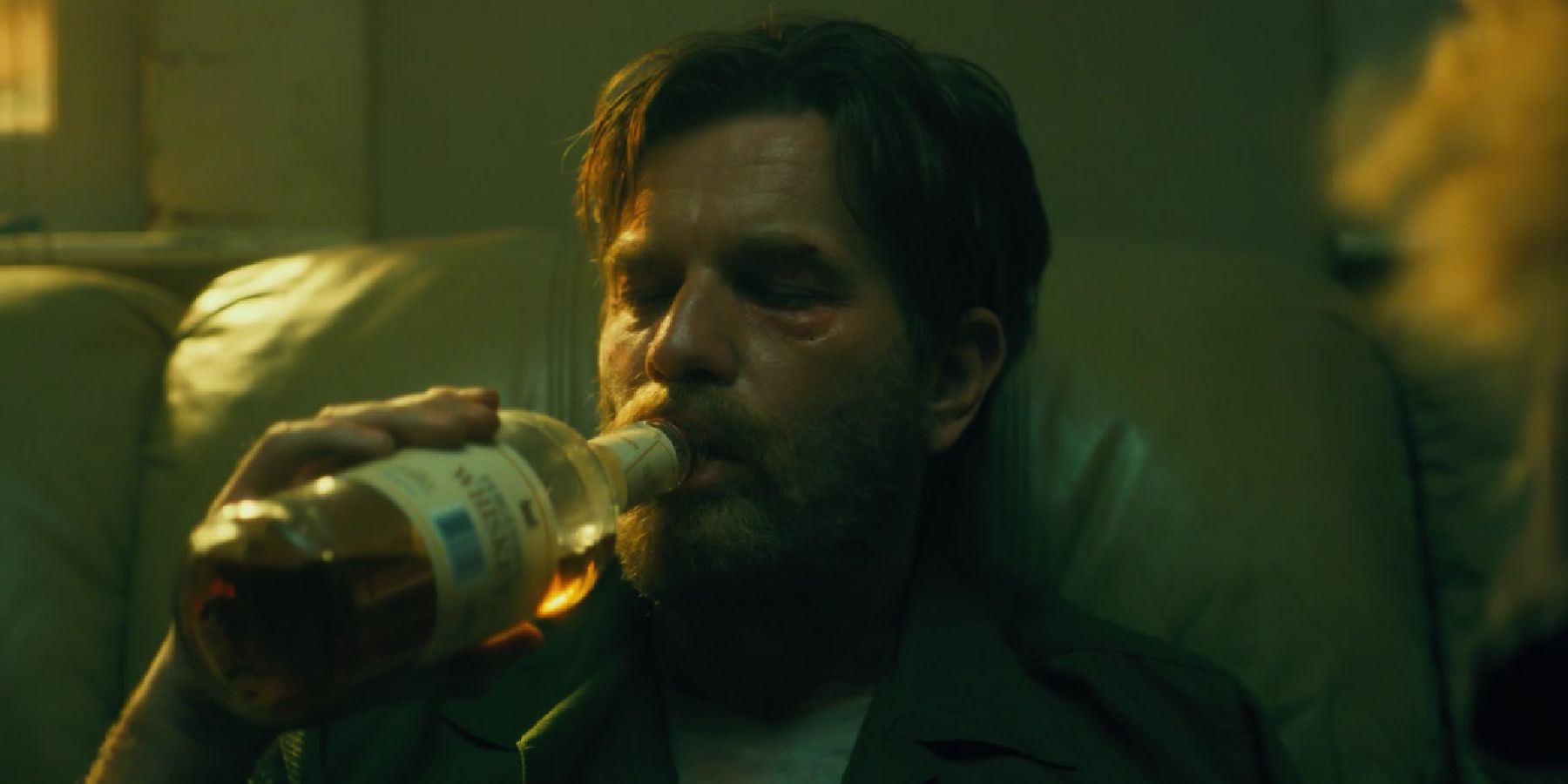People all across the globe often laude Stephen King as the master of horror who has had a good number of his novels adapted for the big and little screen alike. Fans have gone on to regard a small number of those adaptations as cinematic classics. Nine times out of ten if asked about the best Stephen King adaptation, fans are going to say Stanley Kubrick's The Shining. Kubrick's interpretation of King's novel is so highly regarded in the film industry that the Library of Congress selected it for preservation in the United States National Film Registry for being "culturally, historically, or aesthetically significant."
However, King doesn't share the same sentiment, which is surprising because he's known for praising almost all adaptations of his books. He even went as far as praising DC's The Flash, starring Ezra Miller, despite having nothing to do with the film. From the beginning of production, King and Kubrick clashed over various changes the director made to the story. The author disapproved of Kubrick's The Shining so vehemently that Mike Flanagan almost didn't get to make Doctor Sleep, the sequel to The Shining that followed an adult Danny Torrance.
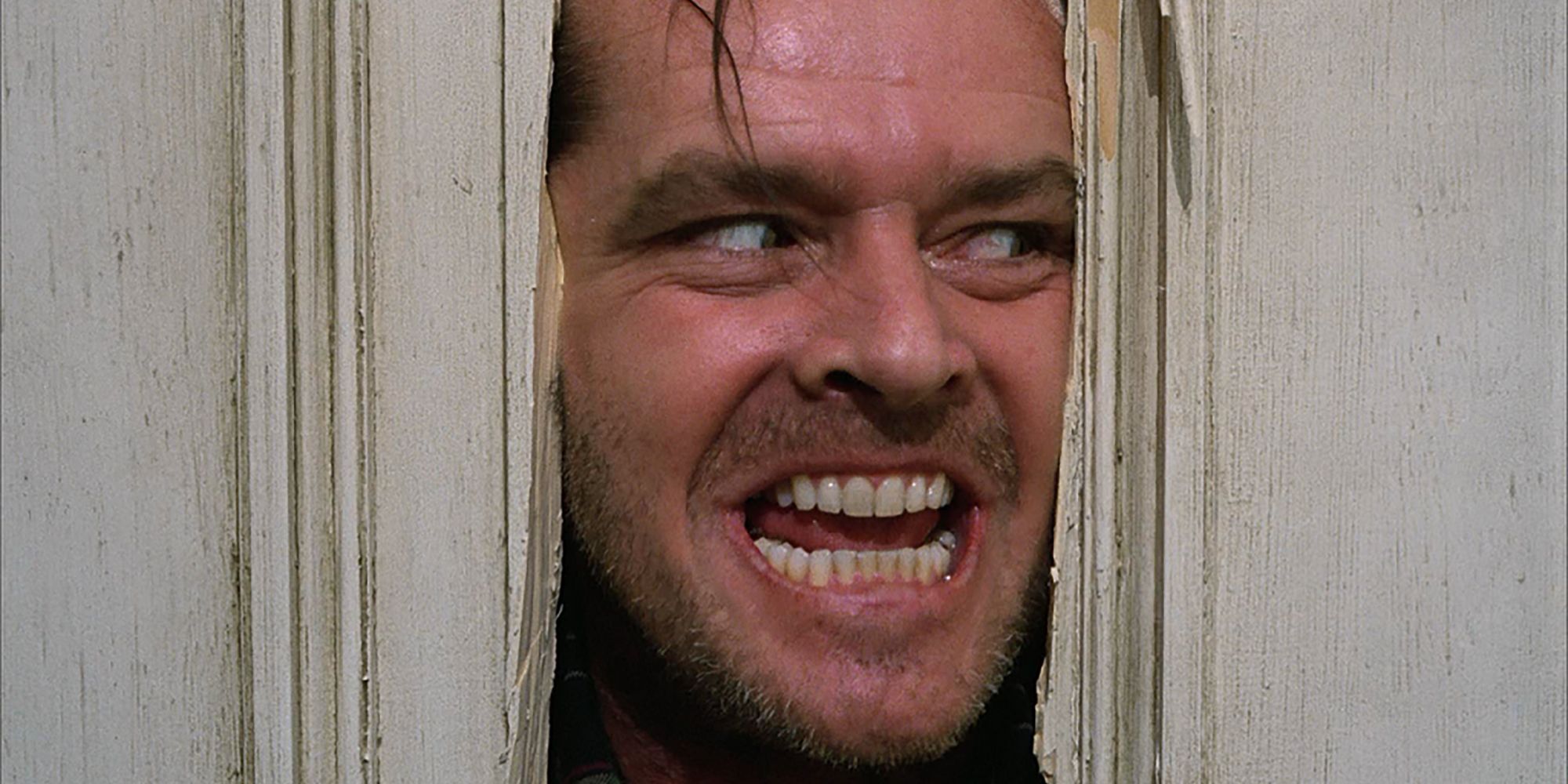
The Shining Ending, Explained
As Jack spirals while doing the bidding of the ghosts from the Overlook’s colorful past, the audience is still left wondering what it all means.
What is The Shining about?
The Shining was the second piece of Stephen King's fiction adapted for the big screen with the first being Carrie in 1976. The Shining follows the Torrance family relocating to the Outlook Hotel in Colorado for the winter as Jack takes a position as the seasonal caretaker. When Jack isn't watching over a haunted hotel, he's a published novelist. During his time taking care of the hotel, Jack intends to write his next novel. However, the "guests" of the hotel have a different plan.
Audiences also learn, through an interaction with the hotel's chef, Dick Hallorann, that Jack's son Danny has a telepathic gift called the shining (role credits). Throughout the film, Jack's mental state deteriorates as the supernatural forces of the hotel influence him, specifically the bartender Lloyd. Danny also sees various ghosts such as the Grady twins and an old lady in room 237 who physically harms him. At this point, one spirit tells Jack that he must "correct" his family, leading to a murderous chase that gets the returning Hallorann killed.
The chase ends up leading Jack to a hedge maze outside the hotel where he loses his way, unable to find a way out. A lot of what Kubrick did with the film was poetic. It's a deeply disturbing tale that shows the atrocities humanity can commit on a personal level.
What Kubrick Did Differently in The Shining
Kubrick decided to make his movie his own, ignoring a lot of the beats from the book. Instead of telling a story about a haunted hotel that corrupts its guests, Kubrick told his version of a compelling story that showed the horrors of humanity. The book portrays Jack as a good man with some demons, such as alcoholism. The movie, on the other hand, presents an unsettling man who's cold and distant from the outset. King viewed Jack as an inherently good man who became the victim of an evil cosmic force, but Kubrick went the more pessimistic route and made the character of Jack a psychopath.
The most impactful change in the movie was its ending. Throughout the book the hotel's boiler room plays a significant role, representing the corruption of Jack's character. By the end of the novel, Danny, Jack's son, gets through to Jack by appealing to his good nature. Jack recovers his sanity long enough to give his family time to escape, and the hotel explodes due to the overheating boiler. Kubrick's version shows Danny outsmarting Jack in a hedge maze by backtracking his own steps through the snow so Jack can no longer follow. Jack ends up freezing to death. Meanwhile, the hotel remains standing with no mention of the boiler.
Why Stephen King Hated Stanley Kubrick's version of The Shining
King is no stranger to directors and screenwriters altering his source material here and there. Sometimes, those changes are necessary to help the literary counterpart translate better to the screen. Kubrick made too many changes, in King's opinion, and many of those changes were unnecessary. Some of King's dislike came down to the casting choices. While Kubrick looked at Jack Nicholson, Robin Williams, Harrison Ford, and Robert De Niro for the role of Jack Torrance, King felt the likes of Martin Sheen, Jon Voight, or Michael Moriarty fit the role better. King felt Nicholson's past roles as an unhinged character would eliminate a lot of the suspense of the movie.
Fans who read the novel see Jack as a tragic character struggling with his sanity until he spirals out of control. The author complained that Nicholson's version of the character was observably crazy from the beginning and he just gets worse as the film goes on. "Jack Torrance has no arc in that movie," King told Deadline.
King also disliked what Kubrick did to the character of Wendy, played by Shelley Duvall. Fans of King's work know he writes female characters that stand side-by-side with their male counterparts, who have agency, and often save the day by the end of the novel. Wendy was no different in the book. King hated how Kubrick relegated her to a weak character only there to cry and act as a punching bag for Jack.
King's biggest upset is that Kubrick failed to recognize the autobiographical parts of the novel. Like all authors, King put a bit of himself in the book, seeing himself to some degree as a version of Jack. The author battles with alcoholism, and the entire ending of the novel is a representation of him overcoming those demons. The movie ignores Jack's redemption completely. However, Mike Flanagan adapted the sequel Doctor Sleep as a means to bridge the movies and novels, fixing a lot of what Kubrick did wrong and redeeming The Shining in King's eyes.

